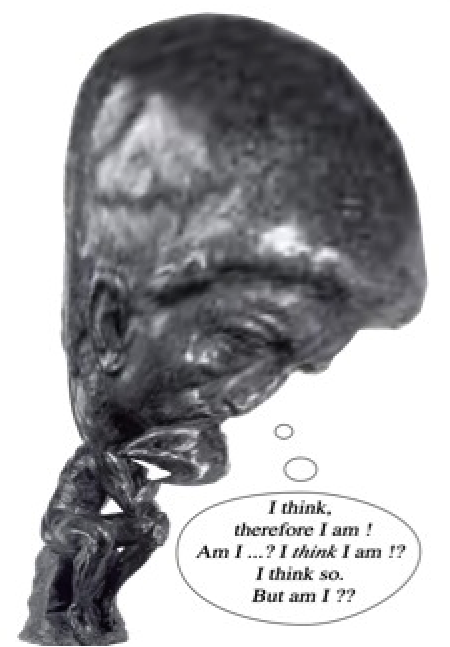Learning to be therapists - how?
- How do people - generally - learn best ?
- How are 'therapeutic skills' - specifically - learned best?
- How do we best learn about 'people skills' and the helping relationship?
- What kind of learning readily translates into therapeutic practice?
- What kind of learning supports the 'reflective practitioner'?
Instead, many courses are reminiscent of 'old' school - they borrow from traditional educational paradigms and are often based on academic, linear, left-brain teaching and supposedly uniform standards.
They also tend to emphasise the application of general principles and theories and therefore easily fall into ignoring the client’s and the practitioner’s unique and individual styles and their peculiar and particular meeting.
Any fixed and set curriculum, any teaching based simply on application of theory to practice, any purely didactic approach tends to ignore our psychological depth as learners, both individually and as groups.
An emphasis on left-brain theoretical or academic knowledge, even if it is based on case material, has little helpful impact on our everyday practice. Such learning is often too linear to do justice to the complexities and immediacy of the therapeutic encounter.
People Skills and 'Right‑Brain' Learning
What kind of group and learning environments and activities best support our further development as practitioners?
What kind of CPD activities will engender all-round development of all your faculties and skills, as a person and as a practitioner?
Attention to the learning process (rather than learning content only)
On the basis of previous feedback, we recognise that what participants take away from our events are not mainly our theories, models or assumptions. What is more important even than a trainer’s therapeutic beliefs and theoretical framework - what in the end matters more to students and participants - is their approach to learning and teaching, their stance in relation to professional development: the learning process rather than the content.
We are predominantly concerned with enhancing your learning and process, not passing on ‘our’ concepts, or distributing ‘our’ ideas.
We are oriented towards you finding and enhancing your therapeutic stance and authority, your therapeutic approach and modality, and have no interest in converting you to ‘our’ way of working or thinking.
From a holistic-integral perspective, any learning process needs to do justice to our multiple intelligences and the social-relational nature of our learning as humans.
We therefore aim to create and facilitate learning environments and communities where profound personal-professional development can occur, based on the application of depth-psychological and therapeutic principles to our own continuing learning and development.

